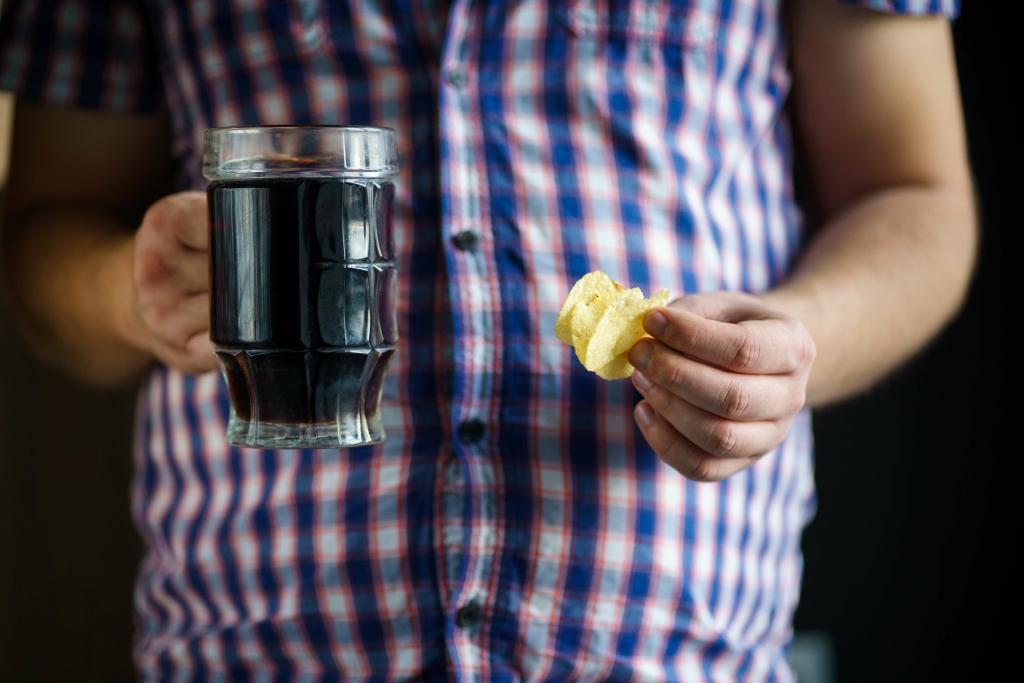If you’re struggling with guilt or shame after addiction, outpatient addiction recovery and aftercare programs can make a world of difference. At Northpoint Lincoln, our team is here to help you navigate these challenges with compassion and understanding. Contact us today to learn how we can support your journey to lasting recovery. Individuals are encouraged to explore additional strategies for managing mental health in addiction recovery, including the role of psychotherapy in the healing process. Self-compassion involves treating oneself with kindness and understanding, especially during difficult times. For those with a history of substance use disorder, practicing self-forgiveness is an essential element of self-compassion.
- It’s important to note that while shame can be damaging, it also has an evolutionary purpose.
- For example, creating artwork can help externalize feelings of guilt and shame, making them easier to confront.
- Through narrative therapy, individuals can re-evaluate and recount their past experiences, focusing on growth rather than guilt.
- In summary, integrating mindfulness, self-forgiveness, supportive relationships, and cognitive strategies can effectively diminish shame and guilt.
What are the Roles of Guilt and Shame in Drug Addiction

Developing coping skills for self-forgiveness and knowing how to accept and let go of Halfway house past experiences can significantly aid in healing. Addressing these emotions is crucial for renewal and restoration in rehabilitation. Failing to confront guilt and shame can lead to further substance use, thereby creating a detrimental cycle.
- These deep-seated feelings can significantly impact one’s journey to sobriety, impeding progress and leading to relapse if not handled appropriately.
- So, how does one who has lived a life in addiction combat the feelings of addiction?
- This shift is critical in empowering individuals to see their worth and potential.
- Techniques such as meditation and mindful breathing help individuals remain present, reducing the tendency to dwell on past mistakes.
- These connections reinforce that forgiveness is a process that takes time and patience.
What strategies can help break the cycle of shame and guilt in the recovery process?
Addicts may struggle to build trust and open communication with loved ones due to the feelings of unworthiness that shame fosters. However, as individuals start to forgive themselves and confront their past, they can begin to rebuild these relationships. Apologizing and seeking to guilt and shame in recovery make amends becomes a vital part of healing, allowing both the individual and their relationships to thrive post-addiction. When individuals are informed about how guilt, shame, and self-blame relate to addiction, they can develop healthier coping strategies. Learning that shame is more destructive than guilt—since shame involves feeling inherently bad rather than addressing specific actions—can motivate changes in self-perception.

How does shame influence the behavior of an addicted person?
- Guilt is when you feel bad about something that you have done or committed to doing and then did not.
- If you’re struggling with guilt or shame after addiction, outpatient addiction recovery and aftercare programs can make a world of difference.
- Mindfulness can help you develop a more accepting and non-judgmental attitude toward your experiences.
If you’re working through recovery, it’s important to know that you’re not alone in this. Guilt and shame in recovery are common, but they don’t have to control your journey. Research from PubMed Central shows that people dealing with substance use disorders (SUDs) often feel these emotions more intensely than those without SUDs. These emotions can weigh you down, making it harder to move forward and even pulling you back toward old habits. Furthermore, both Yoga and https://techsas.lk/alcohol-addiction-and-abuse-learn-about-alcoholism/ exercise create an opportunity for positive self-talk, replacing negative thought patterns with messages of strength, resilience, and positivity.
